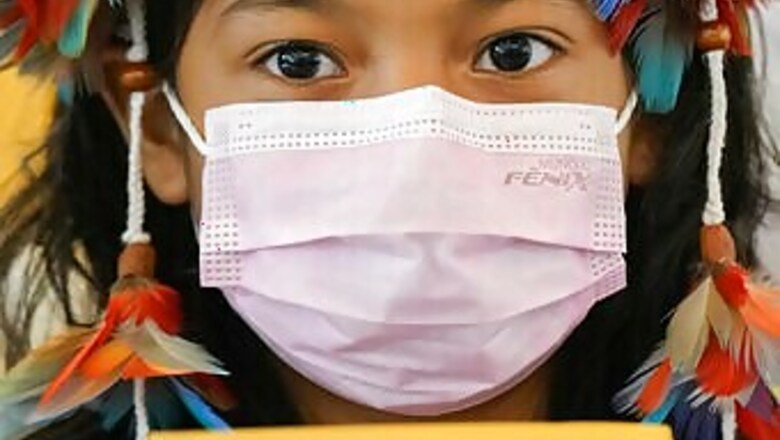
views
BRASILIA, Brazil: Fifteen Brazilian children received COVID-19 vaccines on Friday, marking the start of an effort that was delayed several weeks by the federal government’s reluctance to endorse the immunization of children.
The countrys health regulator issued approval on Dec. 16 for the administration of the Pfizer shot to kids aged 5 to 11. The decision incensed Brazil’s President Jair Bolsonaro, who has since complained about vaccinating children, saying he won’t let his 11-year-old daughter get shots and warning of possible side effects.
A study released by U.S. health authorities in late December determined that serious side effects of the Pfizer vaccine in 5 to 11 year olds are rare. The results were based on approximately 8 million doses dispensed to youngsters in that age group.
Rather than follow the regulators’ guidance, Bolsonaro’s Health Ministry published an online questionnaire asking if children should need a doctor’s prescription to get the shot. Some of the presidents supporters, like him leery of vaccines, campaigned on social media apps for people to vote against them for children.
Despite that, a majority of the surveys almost 100,000 participants opposed the need for prescriptions and the Health Ministry announced last week that it would allow children to be vaccinated.
An 8-year-old from the Xavante Indigenous group was the first to get a shot at the ceremony in Sao Paulos Hospital das Clinicas, one day after 1.2 million doses designated for children arrived at an airport in the state.
The boy has been undergoing treatment in Sao Paulo for a genetic disease that requires him to wear braces on his legs. His father Jurandir Siridiwe, a tribal leader, watched his sons immunization broadcast via the internet.
If we had started immediately after Anvisa (the health regulator) approved in December the Pfizer vaccine for kids of this age, today all the children in Brazil would have been vaccinated with at least one dose, Gov. Joo Doria said at the event.
The Health Ministry recommended an eight-week interval between children’s first and second doses of the Pfizer shot, rather than the three weeks recommended by the U.S. Centers for Disease Control and Prevention.
In Sao Paulo state, that means children who are scheduled to return to in-person classes at public schools on Feb. 2 will do so before receiving a second dose.
While children are much less likely than adults to suffer severe illness or die from COVID-19, advocates say vaccinating them can minimize the virus spread in their families and society as a whole.
Brazil has begun experiencing a surge in COVID-19 cases and Health Minister Marcelo Queiroga said Thursday that the highly transmissible omicron variant has become the dominant strain in Brazil.
By Friday afternoon, only six of Brazil’s 27 states had received vaccines for children. The Health Ministry’s press office cited logistical hiccups and told The Associated Press that the doses will be delivered to the remaining states over the weekend. Most of them will begin vaccinating kids on Monday.
Brazil has about 20 million children aged 5 to 11, according to the ministry.
Disclaimer: This post has been auto-published from an agency feed without any modifications to the text and has not been reviewed by an editor
Read all the Latest News here













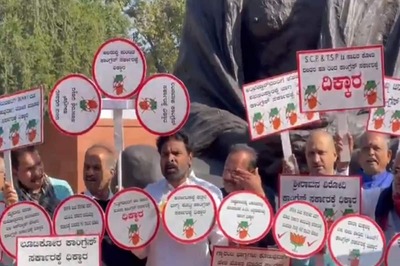
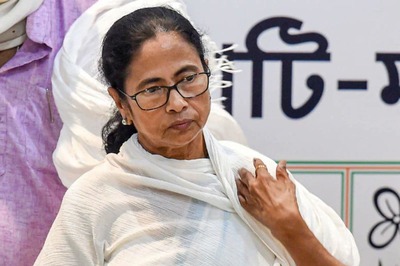

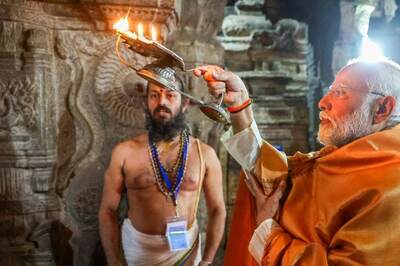
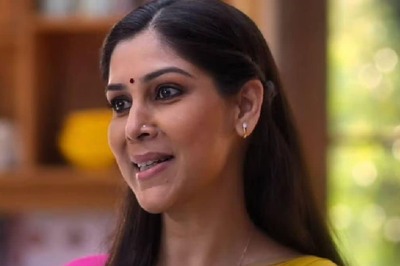


Comments
0 comment